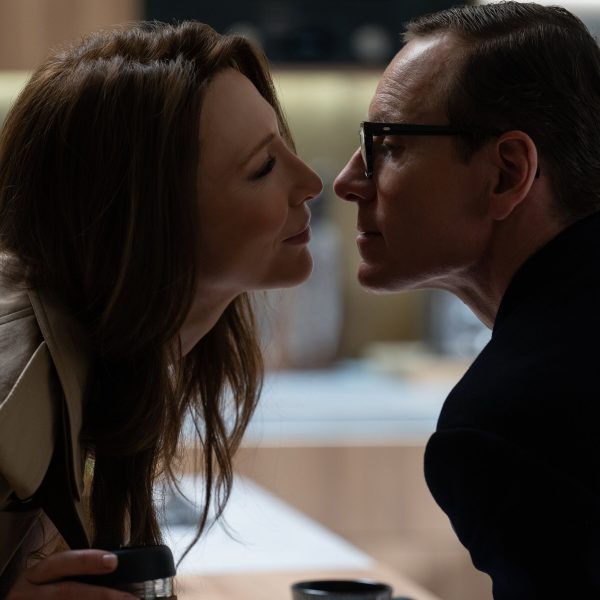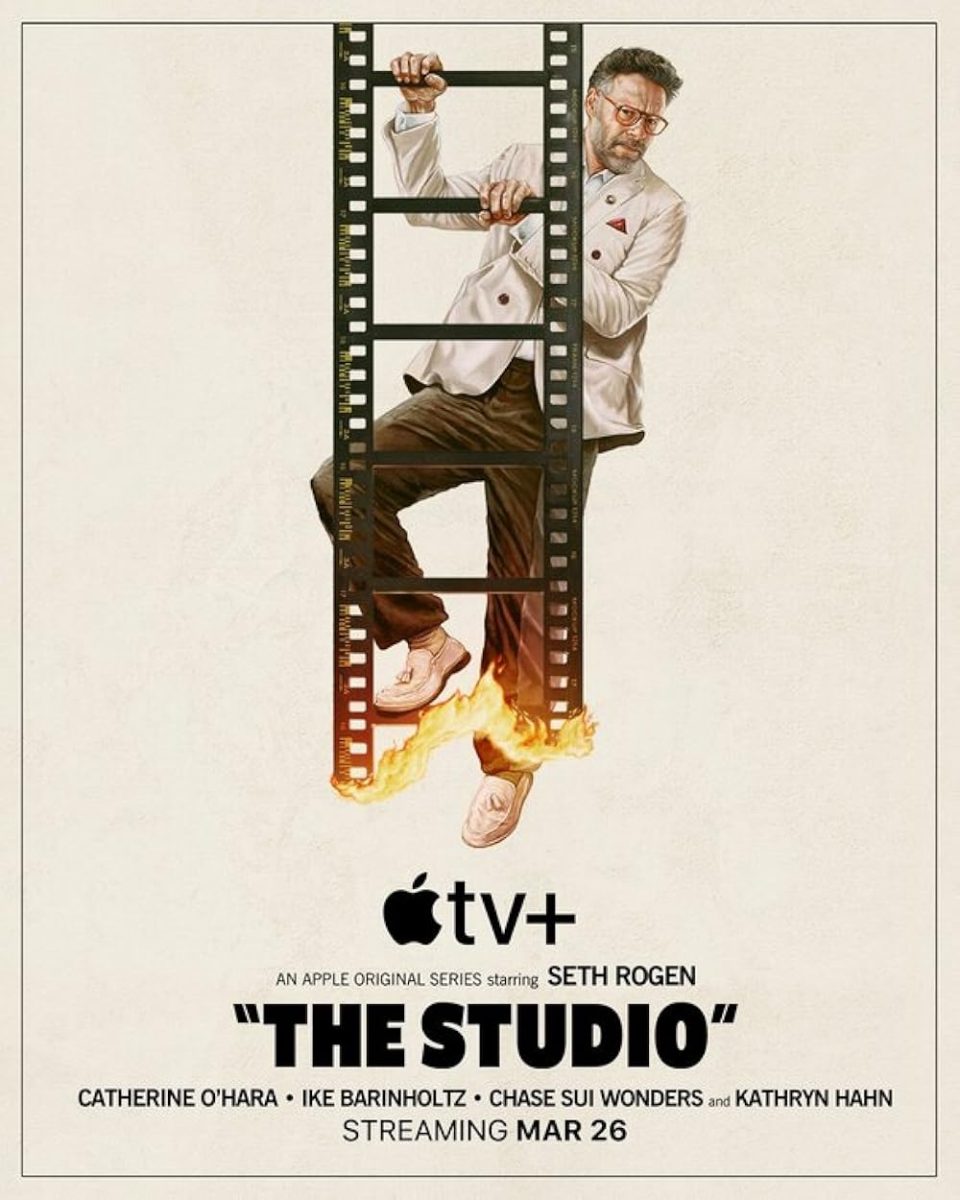
Black Bag (2025) is not a new thematic endeavor for director-writer-editor Steven Soderbergh, but it is indeed fresh. In Soderbergh’s second cinematic entry of 2025 (after Presence), we meet George (Michael Fassbender) and Kathryn Woodhouse (Cate Blanchett), doppelgangers for each other in every attribute, from intelligence to nefariousness, save for appearance (even then, they match each other’s suaveness).
As a result, when George finds out that there is a mole within his intelligence organization that has created a life-or-death situation revolving around Severus, missing code that can ignite a nuclear reaction, he naturally turns to his wife as a prime suspect. Who else would have the sort of insights that enables this thievery without a connection to a man responsible for it? Apparently a few others. George cordially invites his potential culprits over for a Clue-esque pseudo-interrogation dinner, including Freddie Smalls (Tom Burke), a co-worker who was passed over for a promotion in favor of George, his girlfriend Clarissa Dubose (Marisa Abela), Colonel James Stokes (Regé-Jean Page) and Dr. Zoe Vaughan (Naomie Harris), an in-house therapist of the intelligence agency that every character mentioned works for. We know no motives and no background from anyone, and nothing further is learned from the meal beyond the fact that everybody has their own motives and background that will certainly become clearer as the film progresses.
The film adds to a historical pantheon of spy thrillers that steep themselves in the real world with the added eccentricities of fiction that make them cinematically engaging. Reminiscent of films like The Falcon and the Snowman (1985) and No Way Out (1987), Soderbergh serves up a classic dosage of Cold War paranoia set in a modern context. Indirect references to Russian President Vladmir Putin and his unjust war against Ukraine provide Black Bag with a definitive urgency that history buffs and laymen can both appreciate.
But this only perforates the real tension at hand, which is whether it is George’s forever faithful wife who is the double agent. A threat that feels like it has emotionally real teeth considering how sexy Soderbergh attempts to make monogamy, a rarity for a spy-thriller. Even though a character like George follows in the tradition of masculine and handsome espionage cinematic frontmen, he lacks the debauchery that one Daniel Craig’s James Bond showcases in order to depict a raw willingness to do whatever is necessary to succeed. Instead, George is a technocratic animal who understands which levers to pull and who to exploit to get the information he wants. He might not have the stature to beat up a Bond bad guy, but he has the brains to outwit any of them, something that the characters around him in Black Bag find out the hard way.
Soderbergh accompanies his leading man with cinematography that puts us in his shoes. Focusing hard on faces, eyes and the minutiae of everyday occurrences gives us a lens into the meticulousness required of George to maintain his level of perfectionism, even if it comes at the cost of healthy relationships with everybody but his wife. Black Bag’s narrative is also stripped of any unnecessary frills; when someone gets got, they get got and when something interesting gets revealed early, it is referenced later for a resolution. This tightness is critical in concocting the all-encapsulating 90 minutes of inertia that the film exhibits and there is little room for beats to be missed.
When the film falls short though, it is for the same reasons that it succeeds. With such a linear and quick plot, there is little time for exposition or character and world-building. Placing the film in a real-world context speeds up the latter process but characters, including George and Kathryn, require archetypes rather than nuanced portraits to get the point across with time to spare for the rest of the film. We understand very quickly who everyone is, from George, the ultimate perfectionist and cold calculator, to Freddie, the slimy, but personable embodiment of envy and masculine insecurity. But this short rope leaves little to the imagination beyond what Soderbergh decides to give us. Fortunately, Soderbergh gives the audience more than enough to work with and enjoy.

















